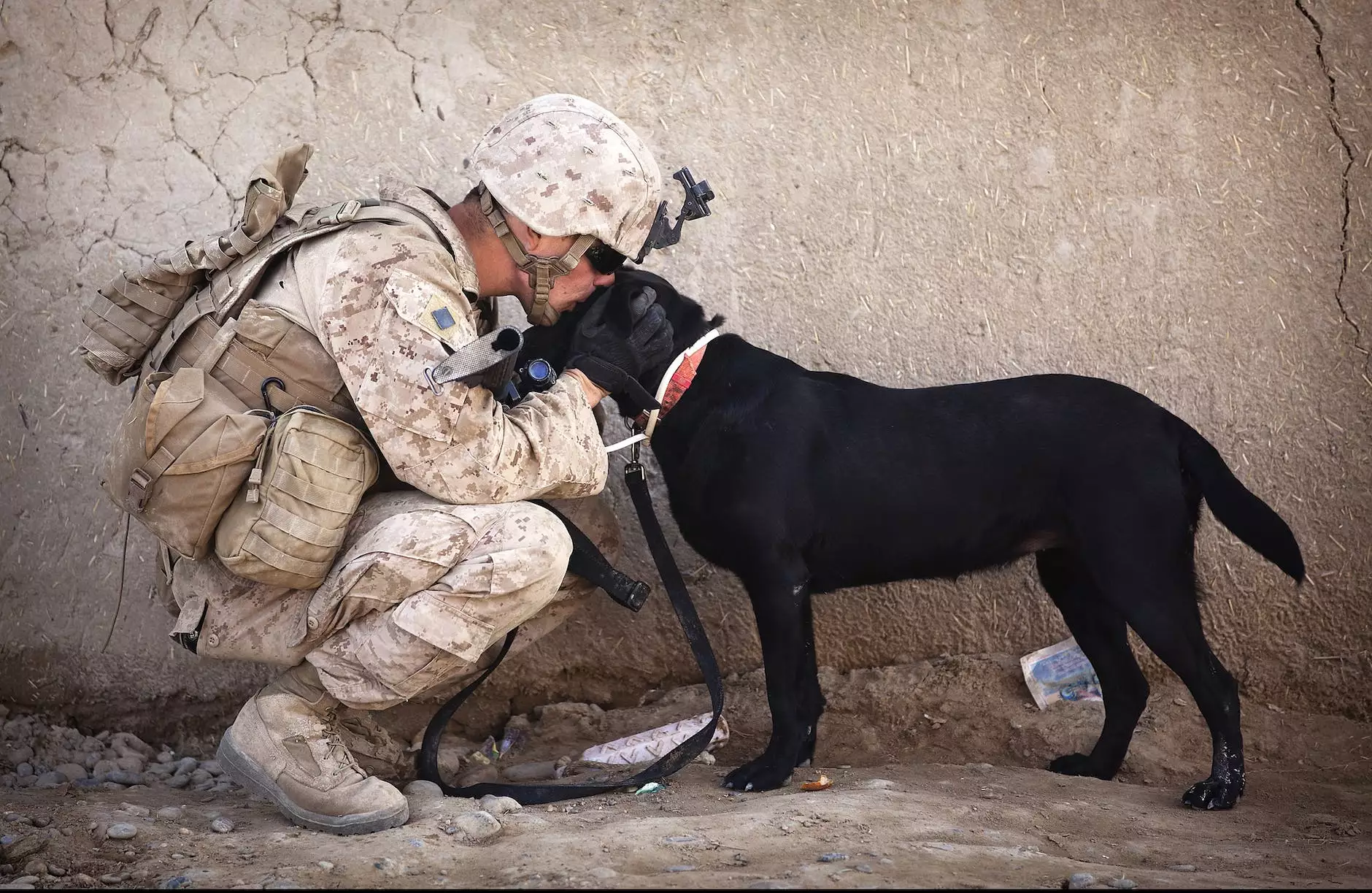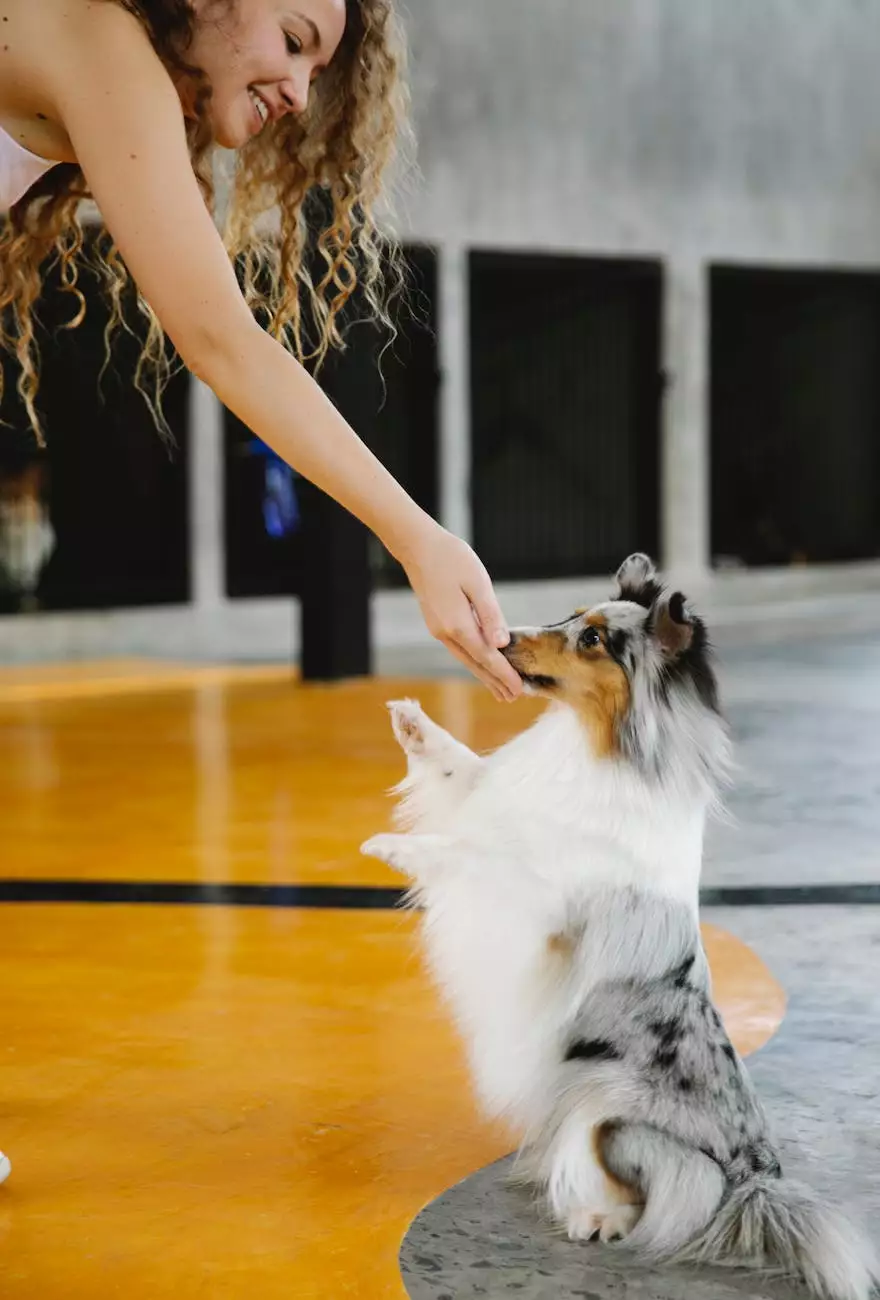Service Dog Etiquette
Training
At The Upbeat K9, we believe in promoting proper service dog etiquette and educating the public on how to interact with these essential companions. Service dogs play a vital role in assisting individuals with disabilities, providing support, and improving their overall quality of life. It is crucial for everyone to understand the proper etiquette when encountering a service dog in order to respect the work they do and ensure a positive experience for all involved.
What is a Service Dog?
A service dog is not merely a pet but a highly trained animal that assists individuals with physical, sensory, psychiatric, or intellectual disabilities. These remarkable dogs are individually trained to perform tasks that mitigate the effects of their owner's disability. They are trained to assist in various ways, including guiding individuals who are visually impaired, alerting individuals with hearing loss, and providing mobility support for those with physical disabilities.
Understanding Service Dog Etiquette
Interacting with a service dog requires following specific guidelines to ensure the handler's safety, the dog's focus, and the overall effectiveness of their work. Here are some crucial points to keep in mind:
1. Always Ask for Permission
When encountering a service dog and its handler, it is important to remember that the dog is working. Always ask for permission before approaching, petting, or interacting with the service dog. Respect the handler's decision, as they know best how to maintain their dog's focus and performance.
2. Avoid Distracting the Dog
Service dogs must remain alert and focused on their handler at all times. Avoid engaging in actions that could distract the dog, such as making sudden movements, loud noises, or attempting to play with the dog. Respect their training by allowing them to concentrate on their tasks.
3. Do Not Feed the Service Dog
Feeding a service dog without the handler's permission can disrupt their training and feeding schedule. Some dogs have specific dietary requirements, and any unauthorized food could cause health issues. It's best to refrain from offering treats or food to a service dog without explicit permission.
4. Respect Their Space
Service dogs require ample space to perform their duties effectively. Avoid standing too close, touching, or otherwise invading their personal space. Always maintain a respectful distance, allowing the dog to focus on their handler and their important work.
Benefits of Proper Service Dog Etiquette
Understanding and practicing service dog etiquette has several benefits, including:
1. Ensuring Handler Independence
By respecting service dogs and their handlers, we enable individuals with disabilities to navigate their daily lives with greater independence. Service dogs provide invaluable assistance, allowing their handlers to accomplish tasks that would otherwise be challenging or impossible.
2. Promoting Inclusion and Acceptance
Recognizing the rights and needs of individuals with disabilities promotes a more inclusive society. By understanding and respecting service dogs and their handlers, we foster a culture of acceptance and support for all members of our community.
3. Upholding Legal Rights
In many jurisdictions, service dogs and their handlers are protected by laws that grant them certain rights and privileges. By adhering to proper etiquette, we help safeguard the legal rights of both the dog and its handler, ensuring they can access public spaces, transportation, and other necessary accommodations.
Conclusion
Service dogs play an integral role in enhancing the lives of individuals with disabilities. By understanding and practicing proper service dog etiquette, we can show our respect for their important work while creating inclusive and supportive communities. The Upbeat K9 is dedicated to educating the public about the role of service dogs and providing comprehensive training to ensure their effectiveness. Together, let's foster a more inclusive society and work towards a better future for service dog teams.









